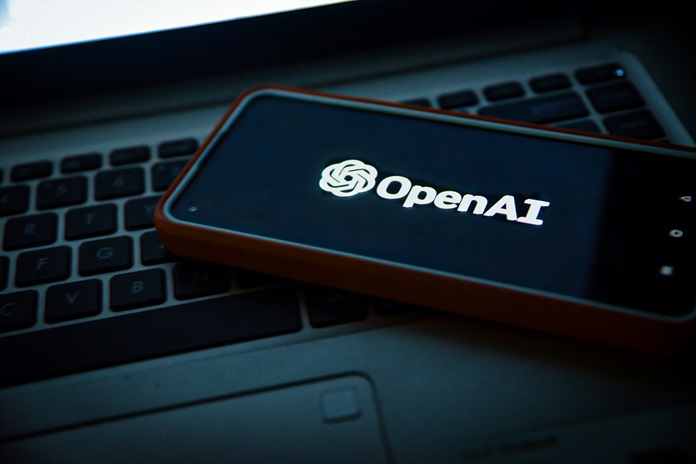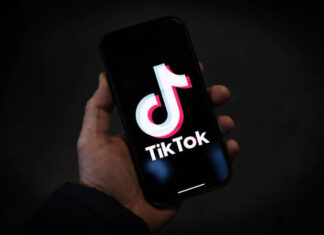When you purchase through links on our site, we may earn an affiliate commission. This doesn’t affect our editorial independence.
OpenAI, the company behind ChatGPT, is in hot water in India over copyright concerns. Major Indian news firms accuse OpenAI of using their articles to train its AI models without permission. These firms argue that their content is being exploited for profit while they receive no recognition or compensation.
This dispute is not unique to India. Globally, AI companies face similar challenges over the ethical and legal use of proprietary content.
Indian News Firms Seek Licensing Deals
India’s top digital media organizations are demanding proper licensing agreements from OpenAI. These agreements would ensure financial compensation for the use of their articles. The firms argue that their content forms the foundation of AI tools like ChatGPT, yet they gain nothing in return.
OpenAI has expressed willingness to work with publishers worldwide and has already implemented licensing deals in some regions. Indian firms, however, insist on more transparent and fair practices to protect their intellectual property.
Ambani and Adani Add Weight to the Fight
The dispute has gained significant traction with the involvement of Mukesh Ambani’s Reliance Group and Gautam Adani’s Adani Group. These business tycoons own influential media outlets and have vast legal resources to back their claims.
Ambani and Adani aim to set a precedent for protecting intellectual property in India’s growing digital economy. Their backing adds serious momentum to the push for licensing agreements with OpenAI.
Global Trends Reflect Similar Battles
India’s copyright battle mirrors issues faced by AI companies worldwide. In countries like Australia and Canada, legislation has been introduced to compel tech companies to pay for using publishers’ content. Europe is also considering updates to copyright laws to address the rise of AI.
News firms globally argue that AI systems profit from their work while undermining the traditional media model. Lawsuits and licensing negotiations are becoming more frequent as publishers demand a fair share of the AI-driven economy.
Potential Outcomes for OpenAI in India
The resolution of this dispute could reshape the relationship between AI companies and media firms. If OpenAI agrees to licensing terms, it could set a global precedent for compensating publishers. On the other hand, failure to reach an agreement may lead to lawsuits or stricter regulations in India.
This debate raises a critical question: how can innovation in AI coexist with respect for intellectual property? The outcome in India could influence how AI firms operate in other markets.
Conclusion: What’s at Stake?
The OpenAI copyright battle highlights the need for balance between technological advancement and content ownership rights. With heavyweights like Ambani and Adani involved, the stakes are high. The result of this fight could redefine how AI firms and publishers interact in the future, both in India and beyond.








